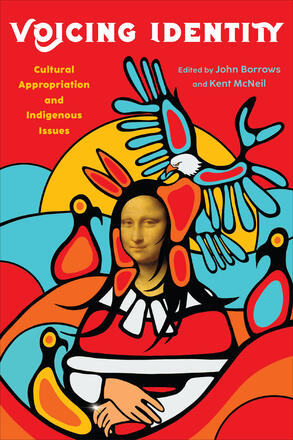
Voicing Identity
Cultural Appropriation and Indigenous Issues
La description
Written by leading Indigenous and non-Indigenous scholars, Voicing Identity examines the issue of cultural appropriation in the contexts of researching, writing, and teaching about Indigenous peoples. This book grapples with the questions of who is qualified to engage in these activities and how this can be done appropriately and respectfully.
The authors address these questions from their individual perspectives and experiences, often revealing their personal struggles and their ongoing attempts to resolve them. There is diversity in perspectives and approaches, but also a common goal: to conduct research and teach in respectful ways that enhance understanding of Indigenous histories, cultures, and rights, and promote reconciliation between Indigenous and non-Indigenous peoples.
Bringing together contributors with diverse backgrounds and unique experiences, Voicing Identity will be of interest to students and scholars studying Indigenous issues as well as anyone seeking to engage in the work of making Canada a model for just relations between the original peoples and newcomers.